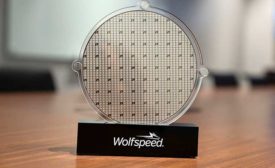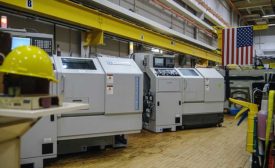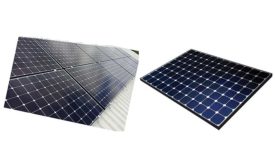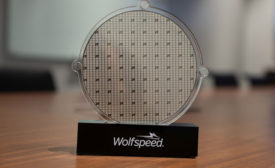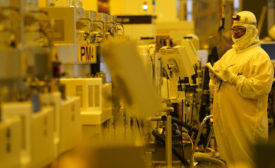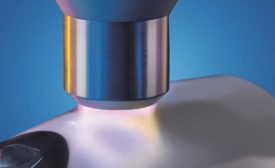Electronics Assembly
Effects of Plasma Treatment on Bonding CFRP
By removing surface contaminants, plasma treatment can improve the bondability of CFRP.
August 2, 2022
Never miss the latest news and trends driving the manufacturing industry
Stay in the know on the latest assembly trends.
JOIN TODAY!Copyright ©2024. All Rights Reserved BNP Media.
Design, CMS, Hosting & Web Development :: ePublishing

